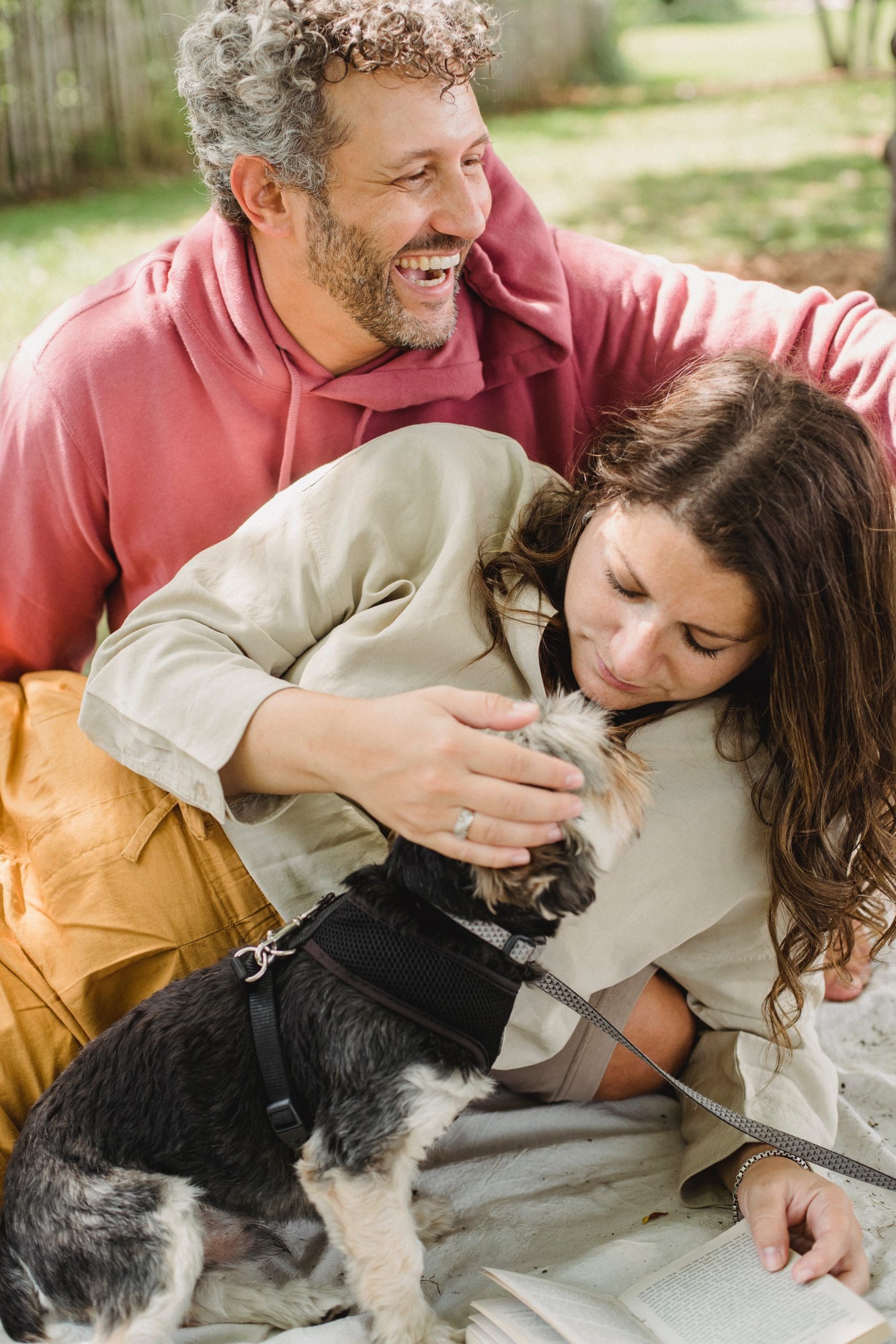Many dog owners have witnessed their furry companions unexpectedly urinate when filled with joy and enthusiasm. This puzzling behavior, known as excitement urination, is common, especially in puppies. Recognizing the reasons behind this response can help dog parents manage and address the issue effectively.
The Nature of Excitement Urination
Excitement urination typically occurs during high-energy moments. For instance, when a dog greets its owner after being apart, it may jump, wag its tail vigorously, and inadvertently dribble urine. This reaction is not defiance or poor training; rather, it is a natural response to overwhelming emotions. Understanding this can ease concerns and create a more supportive environment.
Causes Behind the Behavior
The roots of excitement urination lie in both physiological and psychological factors. When a dog becomes overly excited, adrenaline is released, which can lead to a loss of bladder control. This is especially common in puppies, who are still mastering their bodily functions and emotions. Older dogs can also exhibit this behavior, particularly if they have not been well socialized or tend to be submissive.
Emotional Triggers
Many owners wonder why their dog may urinate upon seeing a specific person. This often correlates with the dog’s emotional bond with that individual. A strong attachment can amplify excitement, leading to accidents. Similarly, exciting situations like playtime or trips to the dog park can provoke this response, as dogs are inherently social creatures.
Managing Excitement Levels
To address excitement urination, it is crucial to approach the situation with understanding and patience. This behavior is not indicative of poor training but rather a natural reaction to intense emotions. Punishing a dog for this behavior can lead to confusion and fear, worsening the issue. Instead, creating a calm environment during greetings can help minimize excitement.
When greeting your dog, maintain a calm demeanor and avoid overly enthusiastic interactions. This sets a relaxed tone, reducing the chance of accidents. If your dog becomes overly excited, turn away and ignore them until they calm down. Once they settle, reward them with gentle attention. This method encourages the dog to associate calm behavior with positive outcomes.
Training Techniques
Training plays a vital role in managing excitement urination. Teaching basic commands such as “sit” or “stay” can help redirect a dog’s energy during moments of heightened excitement. Practicing these commands in controlled settings prepares your dog for real-life situations where they might feel overwhelmed. The more commands they learn, the better they can manage their emotions.
For puppies, incorporating regular potty breaks into their routine is beneficial. Frequent outdoor trips help them associate being outside with relieving themselves. This is particularly effective during playdates or high-energy activities. By allowing them to empty their bladder before engaging in exciting situations, the likelihood of accidents decreases.
Health Considerations
For older dogs that still experience excitement urination, consulting a veterinarian may be wise. Medical issues can sometimes contribute to this behavior. A thorough check-up can help identify any underlying health concerns affecting bladder control, providing peace of mind and a roadmap for managing the behavior.
Breed Considerations
Certain breeds may be more prone to excitement urination. Smaller breeds often exhibit this behavior due to their temperament and physical characteristics. While not all small dogs will experience this, it is a consideration for training and behavior management.
Creating a Calm Environment
Establishing a serene environment for your dog can significantly reduce the chances of excitement urination. Designating a quiet space where your dog can retreat when feeling overwhelmed can enhance their sense of security.
Incorporating regular exercise into your dog’s routine is also vital. A well-exercised dog tends to be calmer. Engaging in physical activities, such as long walks or games of fetch, helps release pent-up energy, contributing to a more relaxed demeanor.
Mental Stimulation
Engaging your dog in mentally stimulating activities can redirect their energy and focus. Puzzle toys, training sessions, or teaching new tricks can keep their mind occupied and lessen the likelihood of excitement urination during high-energy interactions.
Consistency and Patience
Consistency is key when modifying this behavior. Each dog is unique, and techniques that work for one may not suit another. Regular practice of training methods and a steady approach will help your dog understand the expectations.
Celebrate small victories as progress occurs. If your dog greets you without an accident, rewarding them with praise or a treat reinforces desired behaviors and boosts their confidence.
Empathy and Support
Approaching the issue with empathy is essential. Recognizing that excitement urination is an involuntary response allows for a more compassionate response. By fostering a positive environment, dogs can learn and grow more effectively.
If the behavior persists despite your efforts, seeking assistance from a professional dog trainer or behaviorist can provide tailored strategies and insights. Experts may offer new techniques that enhance your approach.
Many dog owners face similar challenges. Connecting with fellow dog owners can offer comfort and potential solutions. Online forums, training classes, and community groups are valuable resources for support and advice.
Understanding the reasons behind excitement urination in dogs requires patience, empathy, and consistent training. By recognizing the causes and implementing effective strategies, you can help your dog navigate their emotions more successfully. Creating a calm and supportive environment fosters a happier, healthier relationship with your furry friend.



